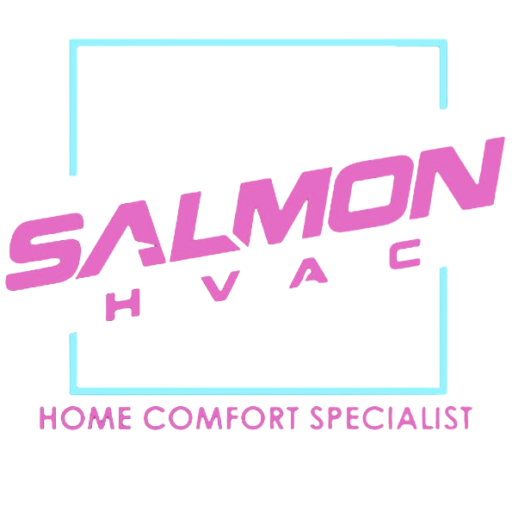In Northern Utah’s unique climate—where snowy winters meet dusty summers—homeowners often focus on heating and cooling. But one critical component is often overlooked: the ventilation system. If you’ve noticed lingering allergies or musty odors in your home, your ventilation may be to blame. Let’s explore how poor air circulation affects your health—and what you can do to fix it.
What Is Ventilation and Why Does It Matter?
Ventilation is the process of exchanging indoor air with fresh outdoor air. This is vital for temperature regulation, moisture control, and removal of pollutants like smoke, dust, allergens, and carbon dioxide. A well-functioning HVAC system—especially in Utah homes—ensures proper ventilation and cleaner, healthier indoor air.
Why Proper Ventilation Is Essential in Utah Homes
Ventilation does more than move air. It directly affects your family’s respiratory health and your HVAC system’s efficiency. When ventilation is inadequate, pollutants build up indoors, triggering allergies, asthma, and other respiratory issues—especially in homes that are tightly sealed for energy efficiency.
4 Signs Your Home’s Ventilation May Be Compromised
- Increased Allergies and Respiratory Problems: If sneezing, coughing, or asthma symptoms are on the rise, your HVAC system may be recirculating dust, dander, or mold spores.
- Mold and Mildew Growth: Poor ventilation traps moisture, creating ideal conditions for mold. This not only damages your home but also poses serious health risks.
- Persistent, Musty Odors: If unpleasant smells linger even after cleaning, stale air and poor circulation may be the culprit.
- High Indoor Humidity: Excess humidity can make your home uncomfortable and promote microbial growth, especially in basements and bathrooms.
Best Practices for Maintaining a Healthy Ventilation System
Schedule Routine HVAC Maintenance
Just like a car, your HVAC system needs regular upkeep. Change air filters every 1–3 months, and have ducts inspected and cleaned by a licensed professional. Salmon HVAC provides full inspections and maintenance plans for homes across Northern Utah.
Upgrade with Energy Recovery Ventilators (ERVs)
Consider installing an ERV system. These advanced units exchange stale indoor air with filtered outdoor air while conserving energy—a win-win for air quality and utility bills.
Use Dehumidifiers and Monitor Humidity
Keep indoor humidity between 30–50%. Use dehumidifiers in damp spaces like basements, and invest in smart sensors to track air quality and comfort levels.
Call in the Pros for a Full Assessment
Not sure if your system is underperforming? Call Salmon HVAC at (801) 397-0030 for an expert consultation. We serve homeowners throughout Northern Utah with trusted service and fast turnaround times.
Why HVAC Maintenance and Air Quality Go Hand in Hand
Air quality isn’t just about outdoor pollution—it starts inside your home. A neglected HVAC system can become a breeding ground for bacteria and allergens. Ensuring proper airflow, clean filters, and modern filtration systems protects your family’s health year-round. And in Utah’s fluctuating climate, staying ahead of seasonal changes is key.
Final Thoughts
Your home’s ventilation plays a major role in comfort and health. Don’t ignore the warning signs—bad smells, mold spots, or ongoing allergy symptoms. With proactive maintenance and smart upgrades, you can breathe easier all year long.
Let Salmon HVAC help you improve your home’s air quality. Schedule a ventilation inspection today or call us directly at (801) 397-0030. We proudly serve families across Northern Utah with trusted, high-quality HVAC solutions.
Frequently Asked Questions
What are the symptoms of poor indoor air quality?
Common symptoms include itchy eyes, coughing, sneezing, headaches, and fatigue. These may worsen when indoors and improve when leaving the home.
How often should I maintain my ventilation system?
At minimum, have your system inspected twice a year—before summer and winter. Filters should be replaced more frequently, especially in dusty areas like Northern Utah.
Can poor ventilation cause mold in my home?
Yes. Inadequate ventilation traps moisture, creating perfect conditions for mold growth—especially in bathrooms, kitchens, and basements.

